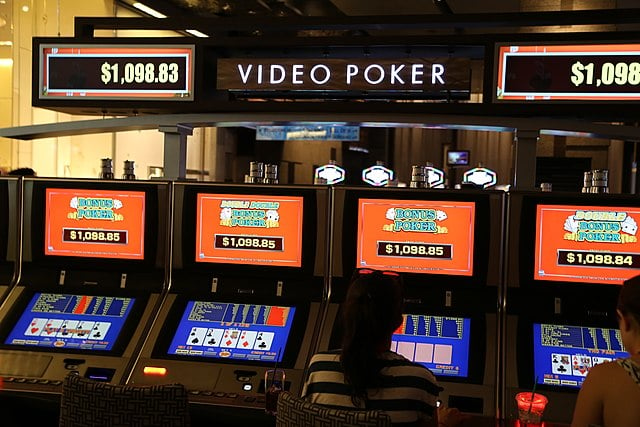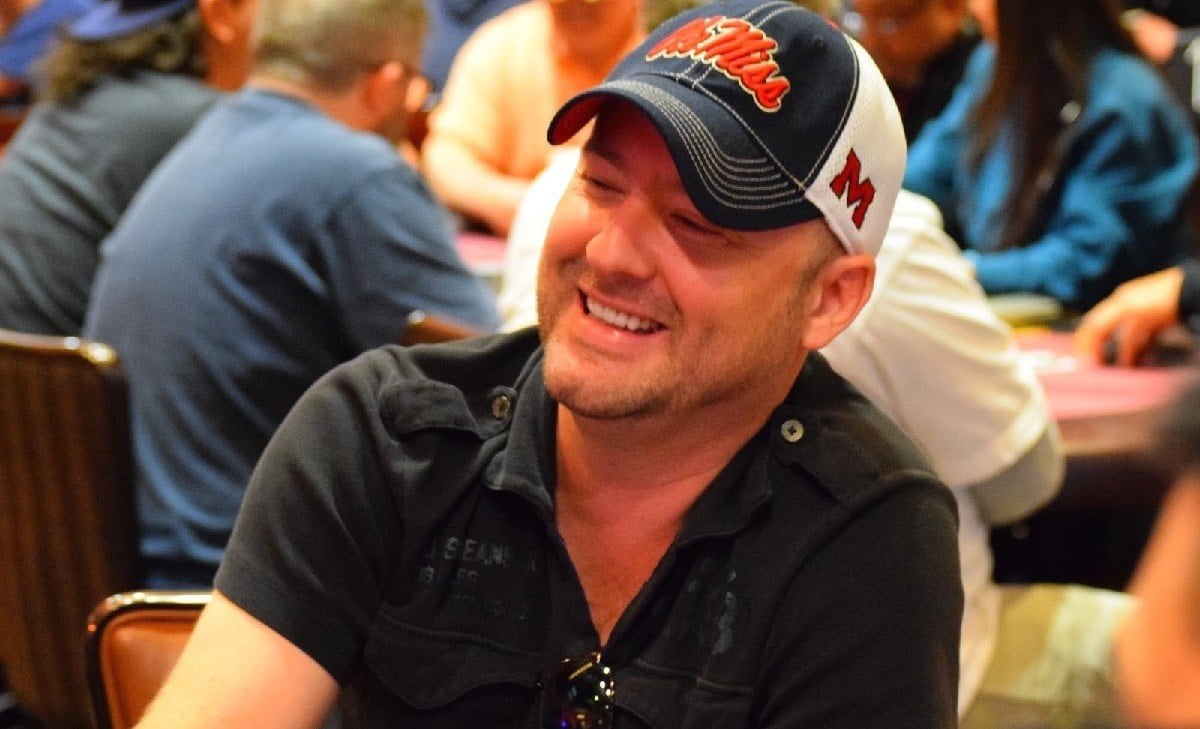5 Unforgettable Casino and Poker Cheating Scandals That Shook the Gaming World

Casinos continuously battle to stay ahead of cheaters. Some scandals leave a lasting impact.
The Dark Side of Gambling: When High Stakes Meet Deception
Casinos and poker rooms are synonymous with glamour, high risks, and grand rewards. However, for every jackpot story, there's a darker narrative lurking behind the scenes. Despite robust security measures and vigilant staff, casinos have occasionally fallen prey to ingenious cheating schemes-often resulting in multi-million-dollar losses and legal battles. Here, we revisit five of the most notorious cheating scandals that have rocked the casino and poker worlds.
Counterfeit Chips Unravel Major Poker Tournament at Borgata
The 2014 Borgata Winter Open became infamous not for its prize pool, but for a brazen act of deception that disrupted one of New Jersey’s most prestigious poker festivals.

Image: Daily Mail
Christian Lusardi, a poker enthusiast, managed to introduce $800,000 worth of fake tournament chips into the event. His plan: use sophisticated counterfeit chips to inflate his own stack and gain an unfair edge. The plot soon unraveled when staff noticed chip discrepancies and traced a plumbing disaster-clogged pipes caused by fake chips flushed down a hotel toilet-directly to Lusardi's room. Authorities eventually discovered $2.7 million in fraudulent chips blocking the pipes.
Borgata officials halted the event and launched a criminal probe, leading to Lusardi’s arrest at a nearby hotel. He was charged for other offenses and sentenced to five years in prison, but never faced trial specifically for his Borgata scheme. The security breach left the casino reeling and forced industry-wide scrutiny into poker tournament controls.
Betrayal from Within: The Bellagio's Million-Dollar Insider Scam

Image: Kashyap Hosdurga/Wikimedia Commons
Even Las Vegas’ most celebrated casinos aren’t immune to deceit. Between 2014 and 2016, Bellagio became the target of a meticulously crafted insider scam involving craps dealer Marc William Branco and two accomplices. The method exploited obscure betting procedures-accomplices would mumble unclear wagers, and Branco would pay them out as though they'd hit high-stakes bets after each roll, regardless of the dice outcome.
This ruse continued for over two years, netting the group over $1 million. Eventually, the frequency of improbable "winning" bets-odds estimated at one in 452 billion-alerted Bellagio’s security team. Authorities arrested Branco and his friends, securing prison sentences and hefty restitution orders. The incident exposed the risks casinos face when trust is breached internally.
Video Poker Glitch: Exploiting Game King’s Software for Massive Wins

Image: Peter Mai/Wikimedia Commons
Not all casino vulnerabilities are physical. In 2009, John Kane uncovered a critical software flaw in widely used Game King video poker machines. By manipulating the credit denomination after achieving a jackpot-winning hand, Kane and his associate, Andre Nestor, could retroactively boost their payout by up to 20 times the original value.
The hack required intricate knowledge of the machine’s features, particularly the double-up function and cycling through multiple poker variations. Over several months, the duo collected more than $500,000 from various casinos before being apprehended.
Despite facing charges, both men escaped conviction on the grounds that they had simply used the machines as designed-pressing their luck rather than tampering with hardware or introducing external devices. Most of the stolen funds were never recovered, leaving casinos with a costly lesson in digital security.
The Mike Postle Poker Scandal: RFID Tech Under Fire

Image: Cardplayer via Casino.org News
In 2018 and 2019, Stones Gambling Hall in California found itself at the center of a poker controversy that sent shockwaves through the game’s online community. The spotlight was on Mike Postle, an amateur who defied the odds by making well-timed, seemingly “perfect” decisions during live-streamed games-raising suspicions among commentators and players alike.
These streams used RFID-enabled cards, broadcasting each player’s hands in real time to the audience. Veronica Brill, a commentator and participant, accused Postle of accessing this data, effectively allowing him to see everyone’s cards during crucial moments. Despite the circumstantial evidence and peculiar behavior, such as Postle looking down at his lap during tense hands, concrete proof eluded investigators.
A lawsuit ensued, but it was dismissed as the court found no direct evidence of cheating. In a final twist, Postle’s defamation suit against his accusers also collapsed, leaving him with significant legal debts. The saga ended with a confidential settlement, but the case remains a cautionary tale about the vulnerability of technologically advanced gaming environments.
Inside Out: Security Expert Hacks Slot Machines for Big Payouts
Security in the casino world faces its greatest threat from those tasked with protecting it. Ronald Dale Harris, once a trusted computer programmer at the Nevada Gaming Control Board, turned his expertise against the industry. During the early 1990s, he covertly modified slot machine source code, creating secret win triggers-certain coin sequences-that his accomplices could exploit for giant cashouts.
Over two years, Harris’s tampered machines dispensed hundreds of thousands of dollars in illicit winnings before his scheme was exposed. The turning point came when one of his associates was apprehended for cheating at keno and informed authorities about Harris’s role. Harris was arrested and imprisoned for seven years, and subsequently blacklisted from ever entering any Las Vegas casino again.
Enduring Lessons: The Never-Ending Battle Against Casino Cheating
Casino cheating scandals capture the public imagination for their audacity and unpredictability. Yet, beyond the headlines, they serve as important reminders: even establishments fortified with the best technology, procedures, and personnel can fall prey to human ingenuity and digital vulnerabilities.
Players and staff alike should remain vigilant, as the temptation to gain a dishonest advantage is ever-present. As technology evolves, so too does the game of cat and mouse between casinos and those seeking to outsmart them. These five scandals demonstrate that while cheaters may occasionally win, their victories are often short-lived-and the chase for fair play continues unabated.













